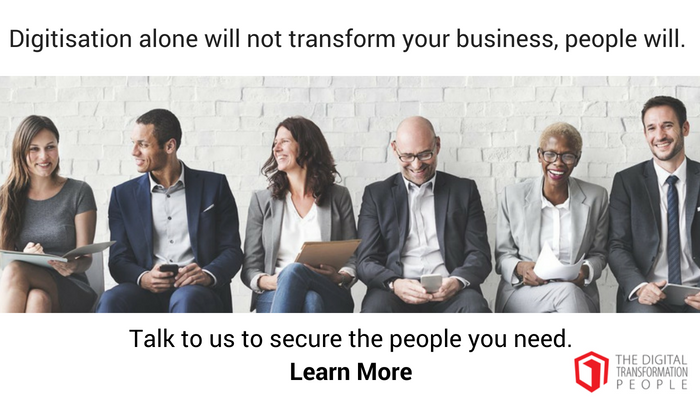Everyone uses data. And everyone wants to use it. The problem? We’re trying to analyze it from a human-centric viewpoint. “Data culture as a problem” is one of the most important challenges facing organizations today.
It affects how people work, who can get access to data, and where the lines of the interrelated disciplines of artificial intelligence and the internet of things actually cross.
Perhaps a cleverer description is People 2.0 – the recognition of the transformative impacts of data science.
People are saying that they want data as the basis for their decision making, but sometimes it seems like they really want it in a way that does not always match our thinking on how to use data. For example, we found that a very large number of users wanted users to control the processing of IoT sensors on their servers.
This was mostly due to vague concerns, like an assumption that the amount of data will always grow faster than the skills to analyze it, or a kind of risk aversion, or a kind of lack of respect for privacy issues.
But it was also because of the fact that users were sometimes not aware of the content of those services – for example, the sorts of data that could be stored in the cloud, or what devices they were going to access. Such misunderstandings are often overlooked in today’s data culture.
This provides an example of one of the key barriers to improving People 2.0 data science: While some of these barriers can be overcome by AI, different tools and technologies often bring different benefits.
We suspect that there’s a great deal more users would like to access data, but organizations have to figure out what exactly they’re going to use it for.
By the way, data doesn’t have to be dull to be useful. The creative community is strongly into people-focused data science; a project like the AlphaZetta Data Art and Visualizations competition suggests how data can play an equally powerful role in the creative process.
But beyond people, it can be extremely difficult to find collaborators who have data-related interests. We want organizations to work better together, but they need to be willing to share their work.
Personally, I believe people and organizations can change if they want to, but it is going to take effort. And it might mean that data scientists need to expand beyond applied math to learn how to influence their organizations. Dale Carnegie as required training might be a great start.
Article by channel:
Everything you need to know about Digital Transformation
The best articles, news and events direct to your inbox









